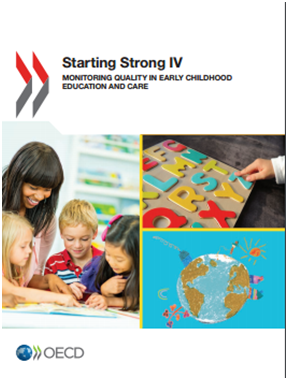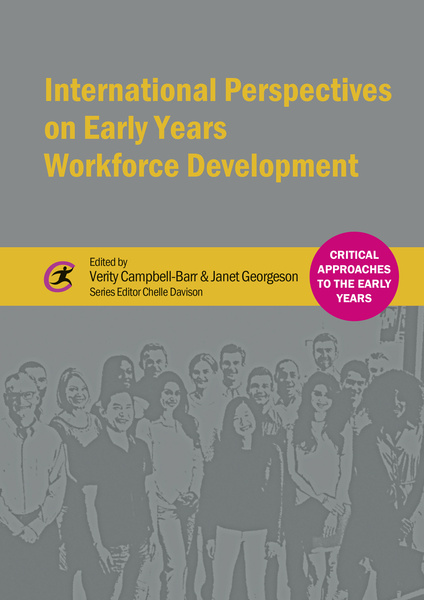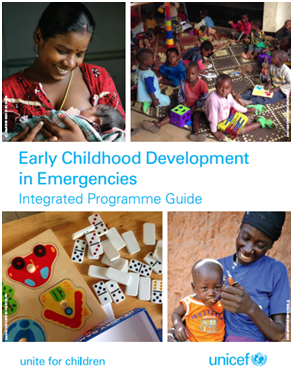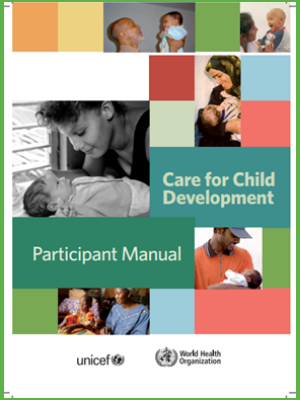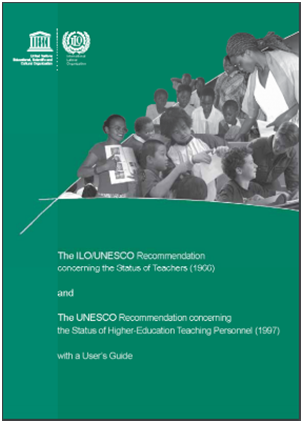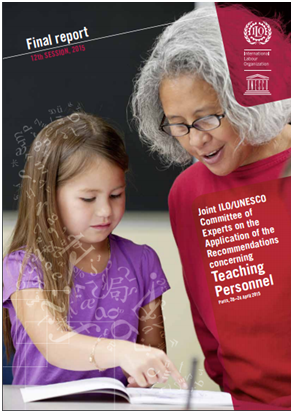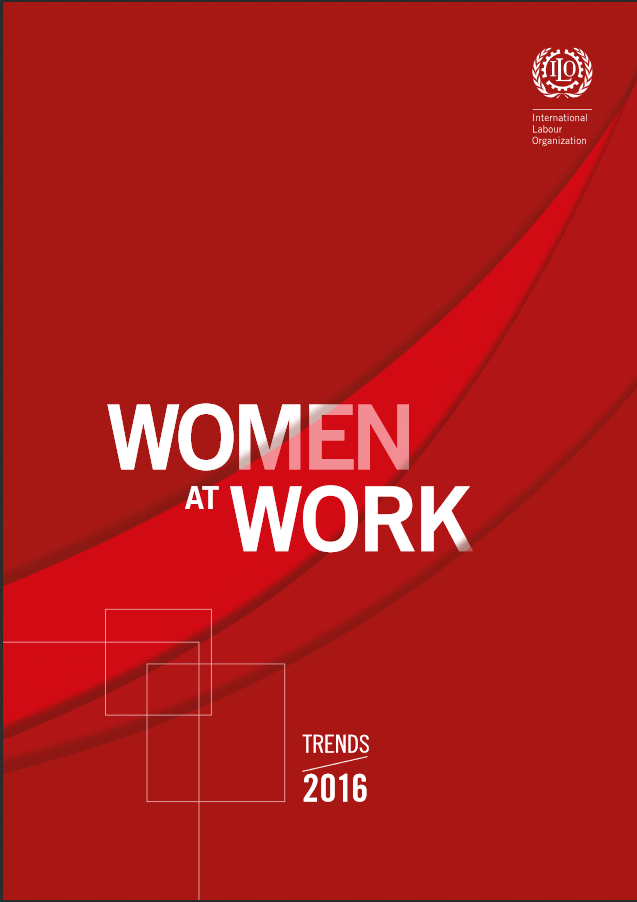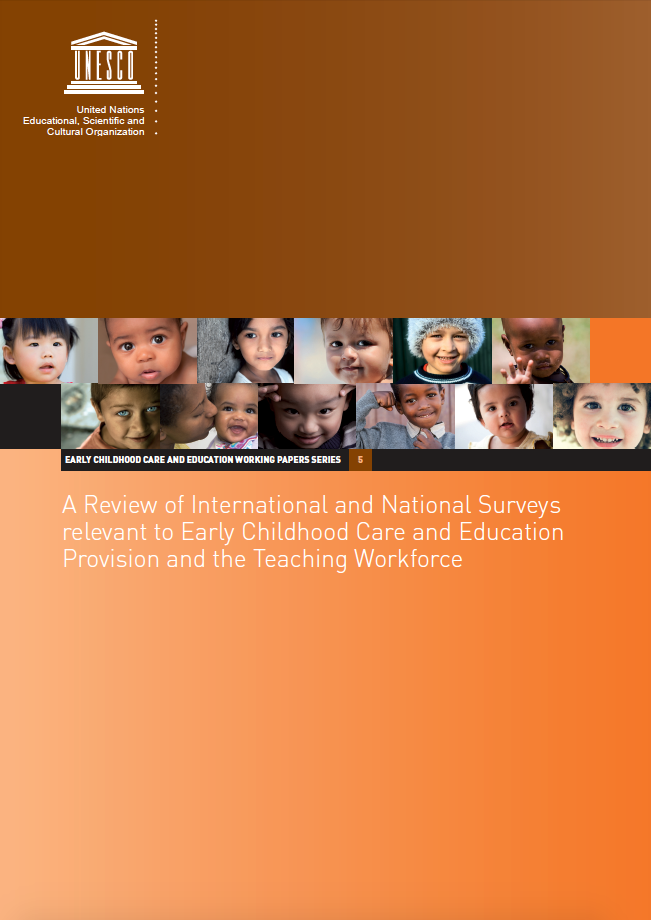Summary:
Children need good care. Their survival through childhood depends on adults who notice when they are hungry or sick, and are able to meet their needs.
Good care also means keeping children safe from harm, and giving them love, attention, and many opportunities to learn. From birth, children build ties to special adults and look to them to learn important skills. What children learn from these relationships helps to prepare them for life.
This course on Counsel the Family on Care for Child Development supports the efforts of families and others in your community who are trying to raise healthy, happy children. They may live in poverty and face many other challenges. The children they raise may be their own. Or they may have accepted the task of raising other children in their family or community. You can help them be better able to care for their children, even under difficult conditions.
Course Objectives
At the end of the course on Counsel the Family on Care for Development, you will be able to:
- Identify the interaction between a child and a parent or other person – the primary caregiver – who most directly takes care of the child.
- Counsel the family on activities to strengthen the relationship between the child and the caregiver.
- Advise the family on appropriate play and communication activities to stimulate the child’s growth and healthy development.
As you learn these tasks, you will focus on observing caregivers with their children. Using good communication skills, you will counsel the family.
